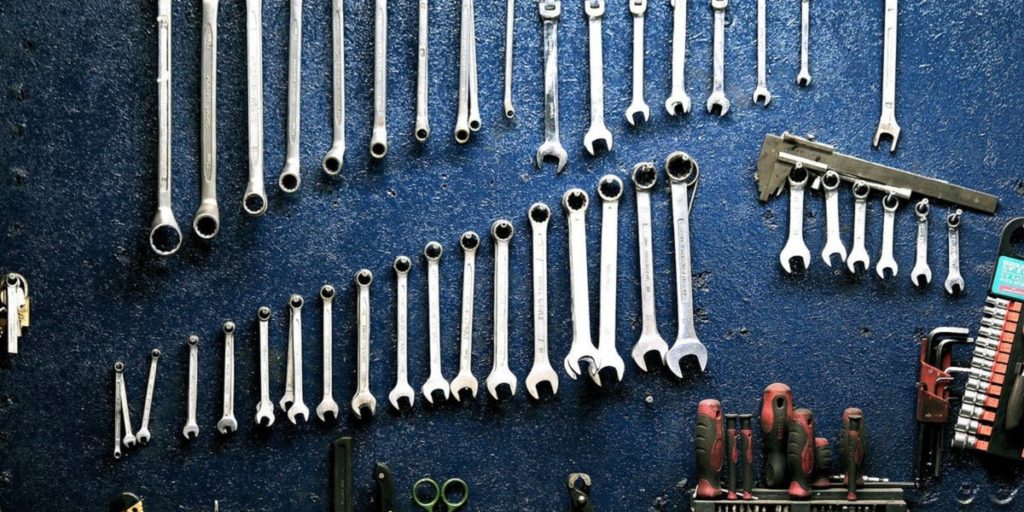Money is a tool. Nothing more, nothing less

Personal finance has everything and nothing to do with money. Like many things in life, the perspectives we adopt will shape our thoughts and actions. Our ability to be financially successful and live the life we want begins with changing how we think about money.
Often times we give money more power than it deserves. Money is made the enemy when we don’t have enough of it and the solution when we think in terms of our problems disappearing if we just had more money. We tend to attach emotion and feeling to money. We may even assign judgment to others based on how much of it we think they have. If allowed, money will consume us with worry and fear about not having enough, or worse, fill us with greed and leave us always wanting and chasing more.
The process of changing our perspective on money will have a greater impact on our financial success than simply wanting and having more.
We need to evolve our thinking from simply wanting more money to seeing and using money as a tool to achieve our goals.
Old Mindset: My goal is to make more money
The my goal is to make more money mindset presents itself when we say things like, “I wish I had more money,” or “If I only had more money I would be able to achieve my dreams.” People with this mindset tend to be motivated by fear, are prone to impulsive spending, thrive on instant gratification and seem to always be living paycheck to paycheck. This mindset can also present itself as overly restrictive budgeting or other self-deprecating financial practices motivated by fear, failure or embarrassment. If left uncorrected, this type of thinking can consume and overwhelm us.
New Mindset: I use money as a tool for achieving my goals
The money is a tool mindset puts us in control of our finances and remove fear and emotion from personal finance. Adopting this mindset will shift our focus from physical money to the things which matter most to us, our goals. We are also more likely to give ourselves permission to use money in pursuit of our goals without guilt. After all, using money as a tool to get the job done is much different than spending or blowing money on the latest craze.
When we view money as a tool we can experience hope and excitement about achieving our goals. Instead of creating overly restrictive budgets we start to look for ways to prioritize our spending in order to achieve our goals. We can expand our horizons and start to view purchases in terms of quality and value rather than what is cheapest or on sale.
Financial Goals and Strategy
It is very easy to view money as a tool when you have enough of it. Much harder when we don’t. Where do we start? To quote Stephen Covey “Begin with the end in mind.” Spend some time thinking about what matters most to you. Think 1, 5, and 10 years down the road. Make a list of things or activities which bring you joy, experiences you want to have, and things you want to obtain.
Financial goals can be big or small. For example as a child my father would take us to the gas station on weekends to get fountain drinks. I really valued these experiences and the time with my father so I prioritize weekend fountain drink purchases with my kids. Fitness and cycling is also very important to me so I prioritize saving and spending on bikes, training, and other activities that will help me develop mentally and physically.
Start small. Make a list of stuff you want and experiences you want to have. Write down how much these things will cost and by when you want to achieve them. Start prioritizing your spending to align with this list. You now have financial goals and a strategy for achieving them.
Change is hard so go slow and over time watch yourself become more confident and disciplined as you achieve your financial goals.
Dale

Leave a Reply